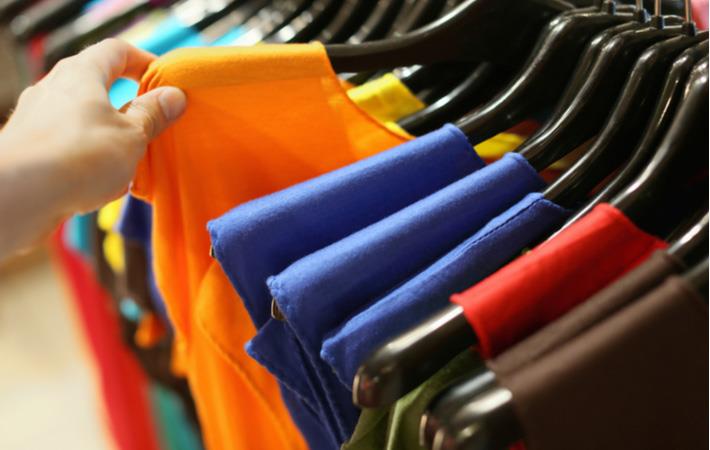Exports of garments and hard goods in the Philippines are expected to grow by as much as 15 per cent to about $1.4 billion this year as buyers have reinstated orders cancelled last year due to the pandemic. Foreign Buyers Association of the Philippines (FOBAP) president Robert Young hoped that 2021 could be a recovery year for garments, hard goods, furniture and housewares sectors.
“FOBAP has adopted an ‘optimistic playbook’ for 2021 based on gathered data and fearless forecast, plus non-stop appeal for our principals for more production orders,” he was quoted as saying by media reports in the country.Exports of garments and hard goods in the Philippines are likely to grow by 15 per cent to $1.4 billion this year as buyers have reinstated orders cancelled last year due to COVID-19. Foreign Buyers Association of the Philippines president Robert Young hoped that 2021 could be a recovery year for garments, hard goods, furniture and housewares sectors.#
New orders worth $280 million have been received by domestic factories, he revealed.
“From sewing floor to store shelf, the 2021 outlook for troubled mid to high fashion items are dim and hazy, therefore a price recosting/re-levelling is a must. Only the basics and essentials, such as undergarments, fast fashion are now staying alive,” said Young.
In addition, he said there have been confirmed export orders for the country’s soft goods comprising mostly garments of about $200 million for the first quarter. Buyers include are Wacoal, Adidas, Ralph Lauren, Ann Taylor, JCPenny, among others.
Last year’s Philippine garment export was estimated at $900 million only.
In addition, Philippine hard goods and home fixtures or wares also received reinstated orders roughly $80 million from stores like TJMax, Crate & Barrel, Target and Costco.
The country expects to receive fresh orders in March this year, Young said.
He said 70 per cent of the orders come from the United States, while the rest from European Union, Canada, Australia and other nations.
“Most of these orders are coming from the relocated foreign factories in China. Also, the Philippines will have added volume for the more complicated items jackets/sportswear which are not the production preference of other countries. They opt for more basic wearables,” he added.
Fibre2Fashion News Desk (DS)
